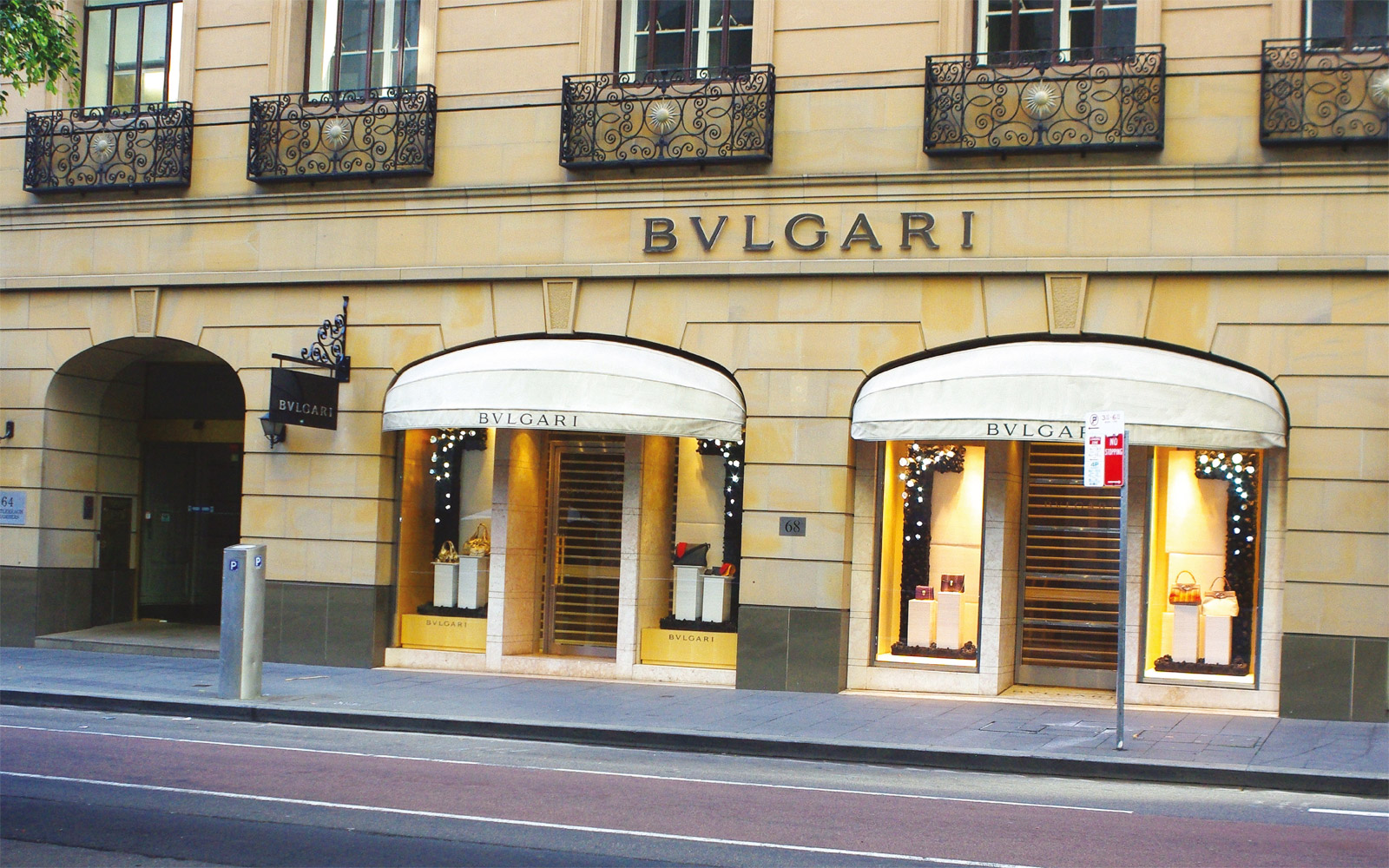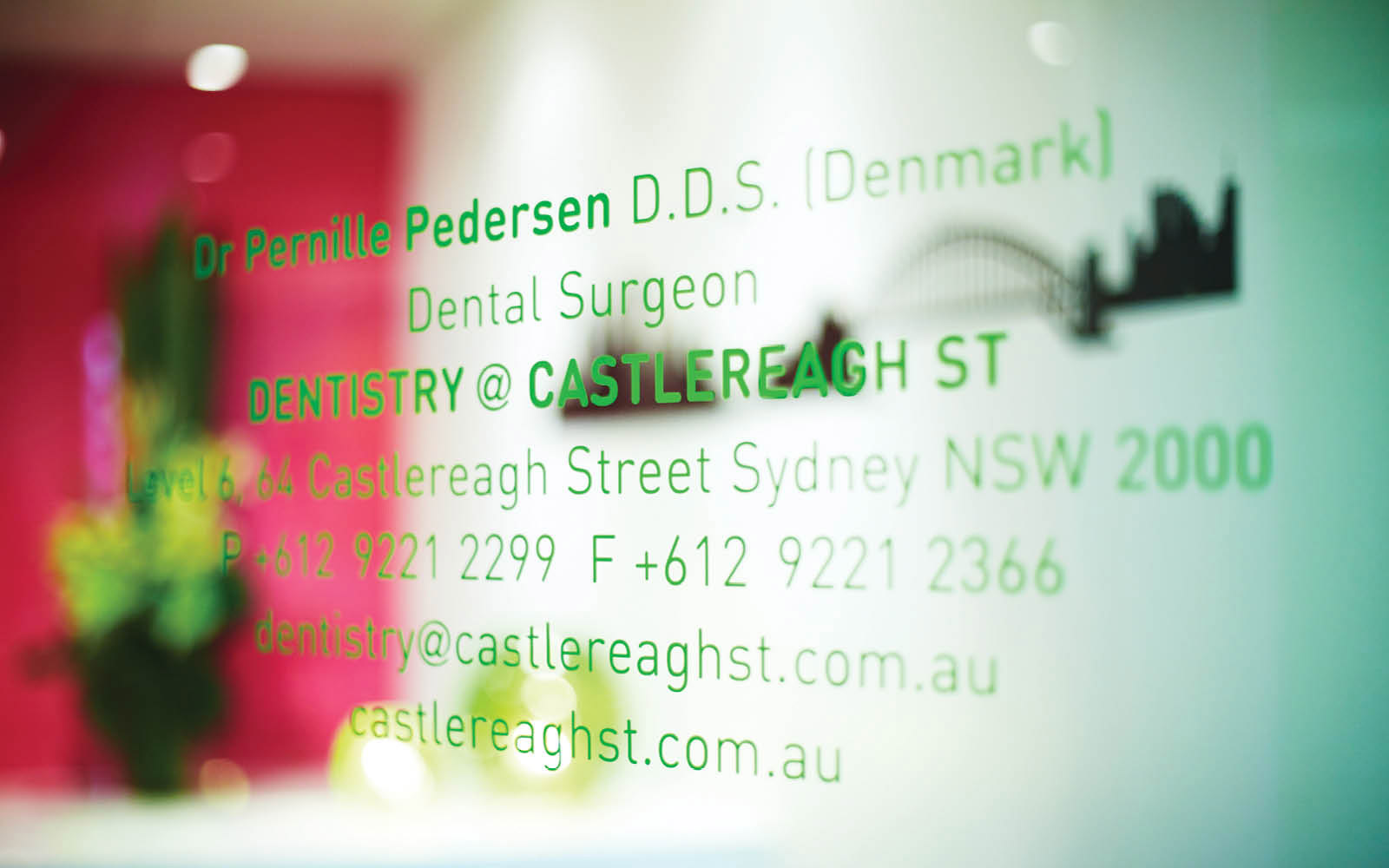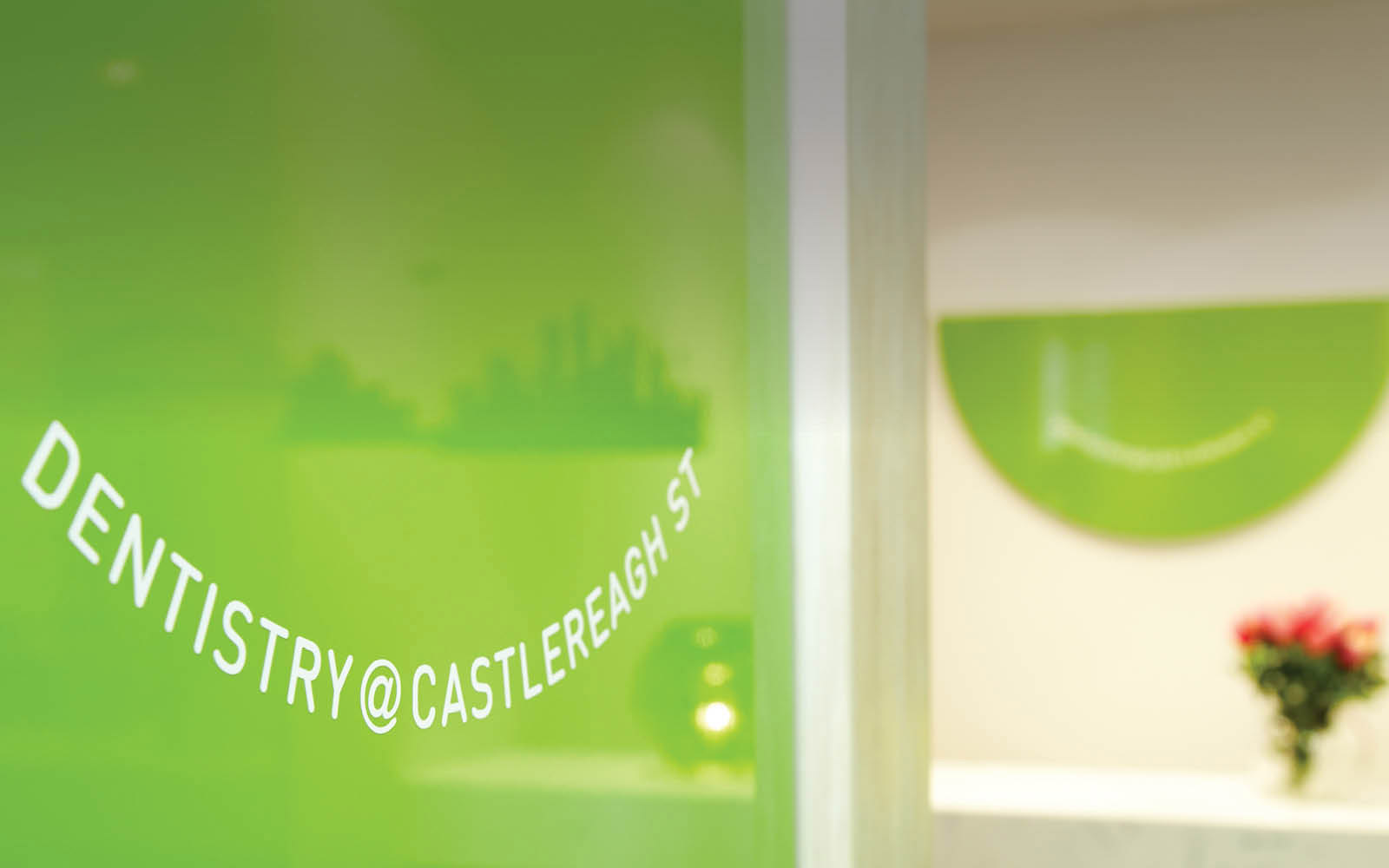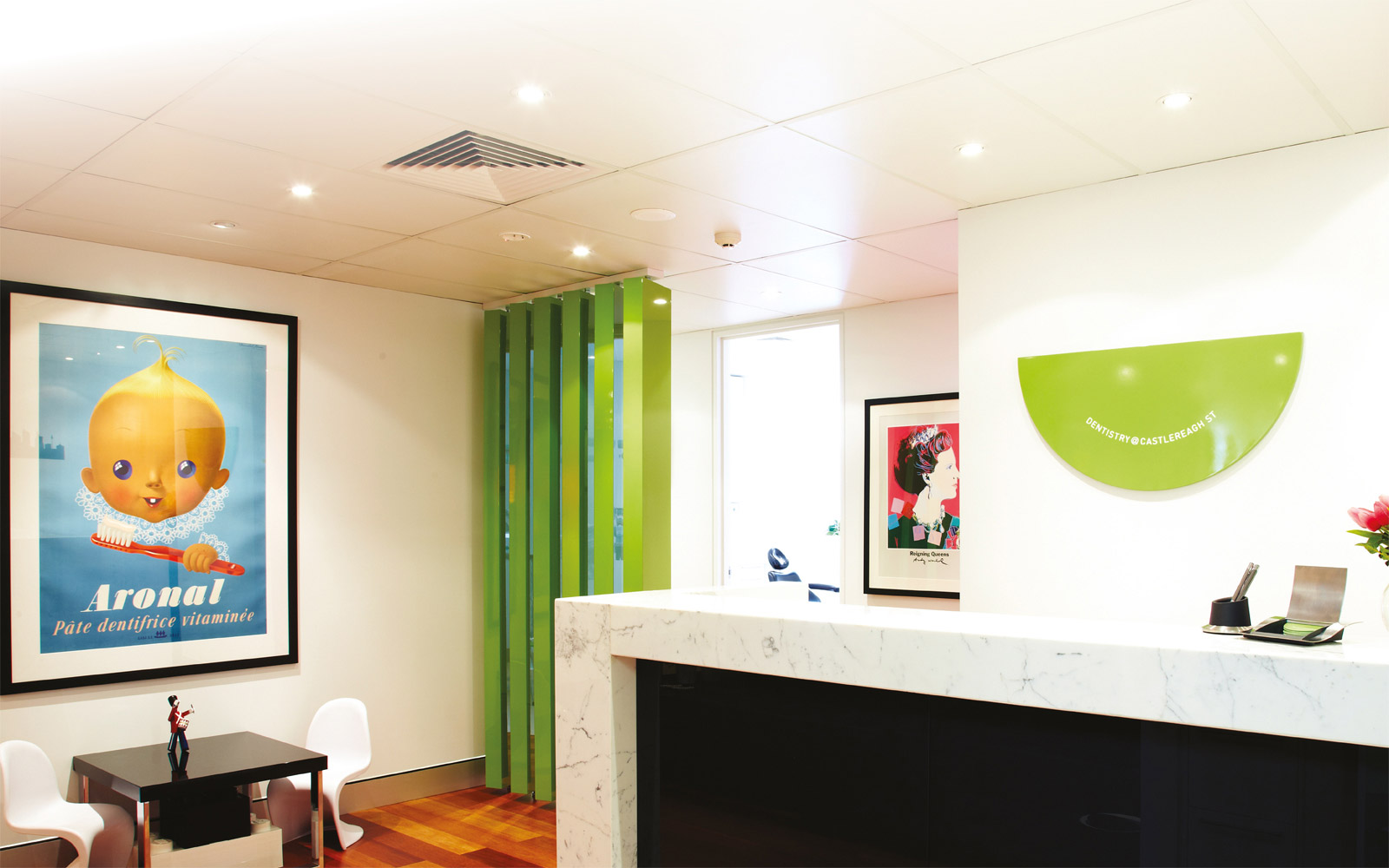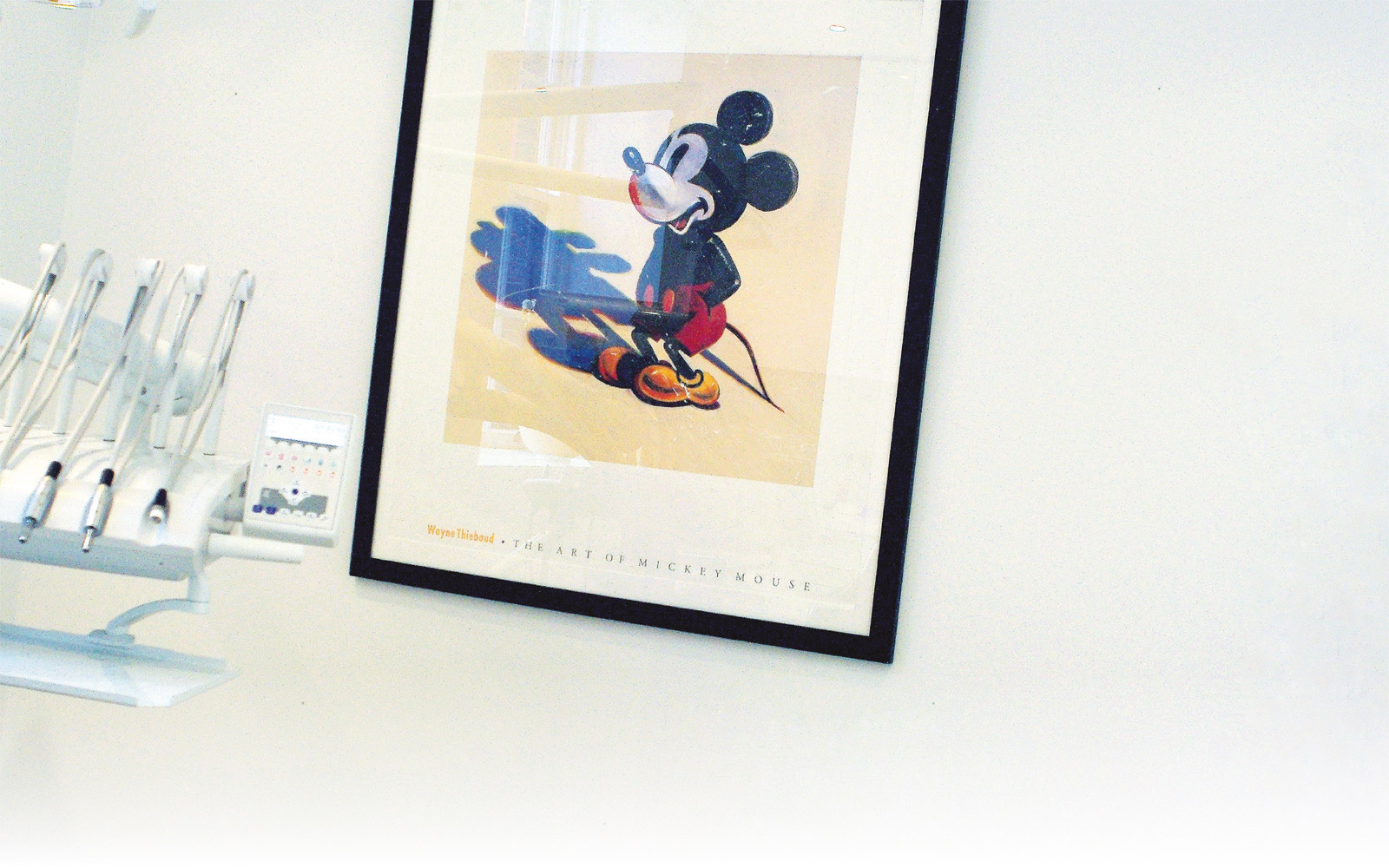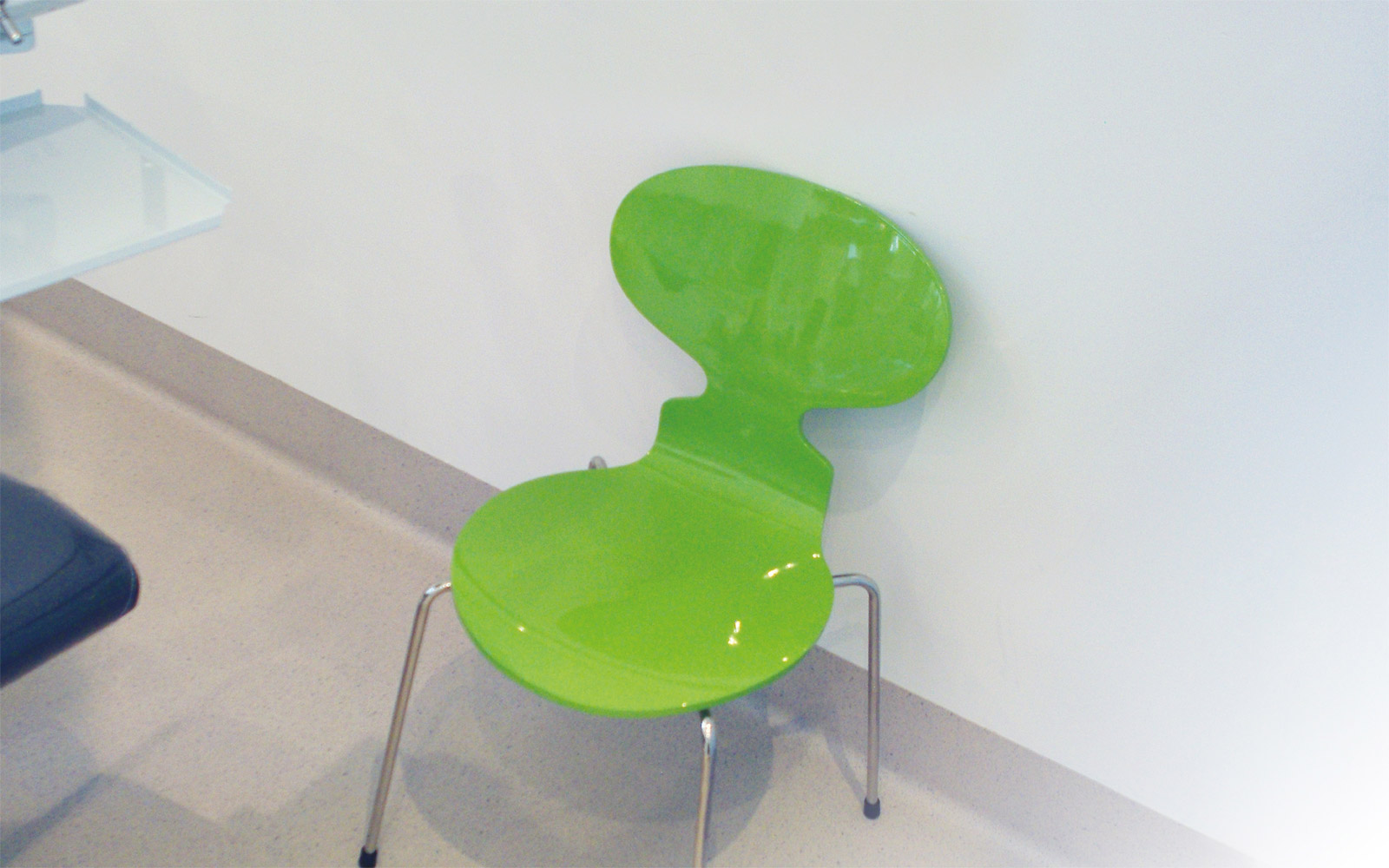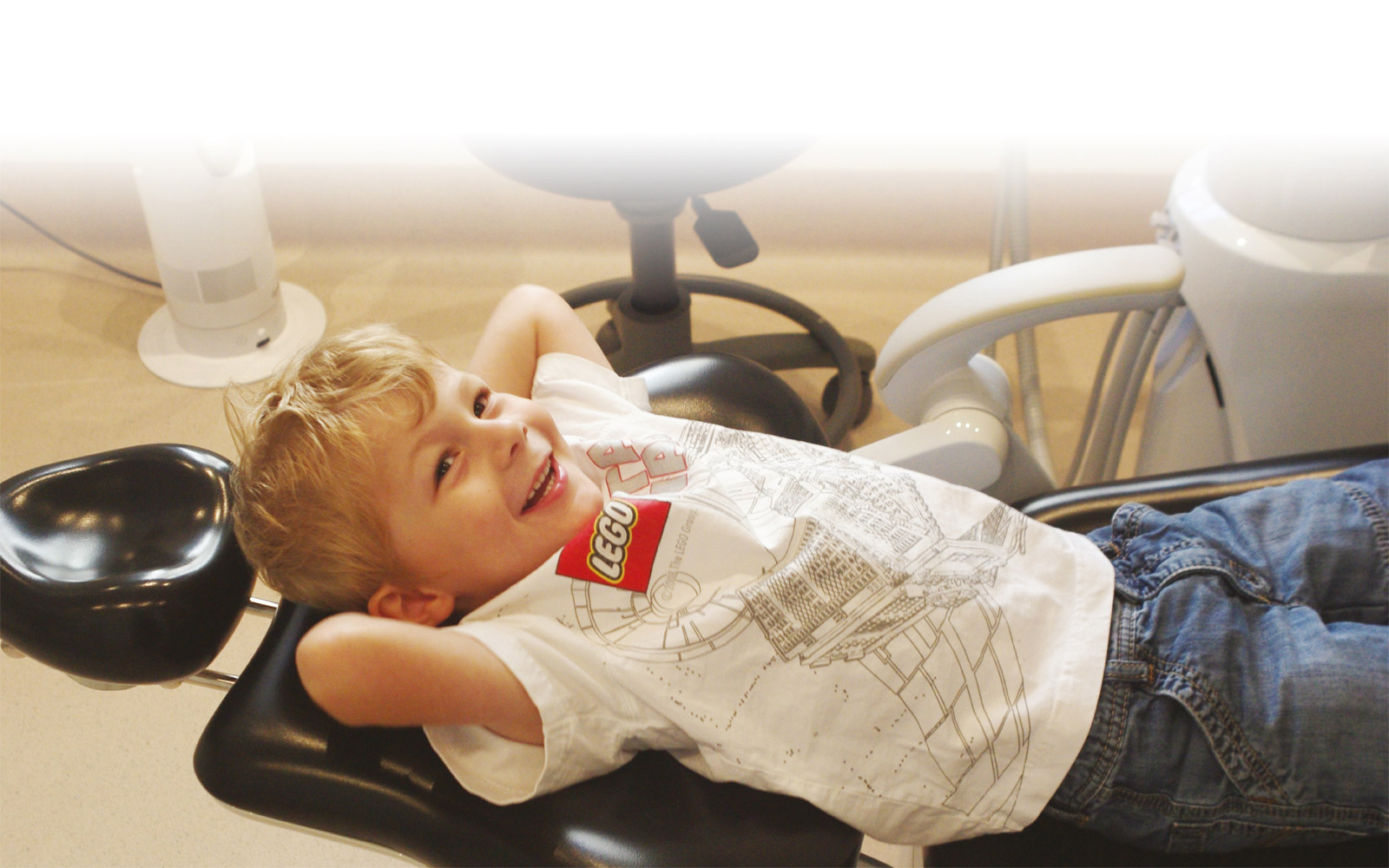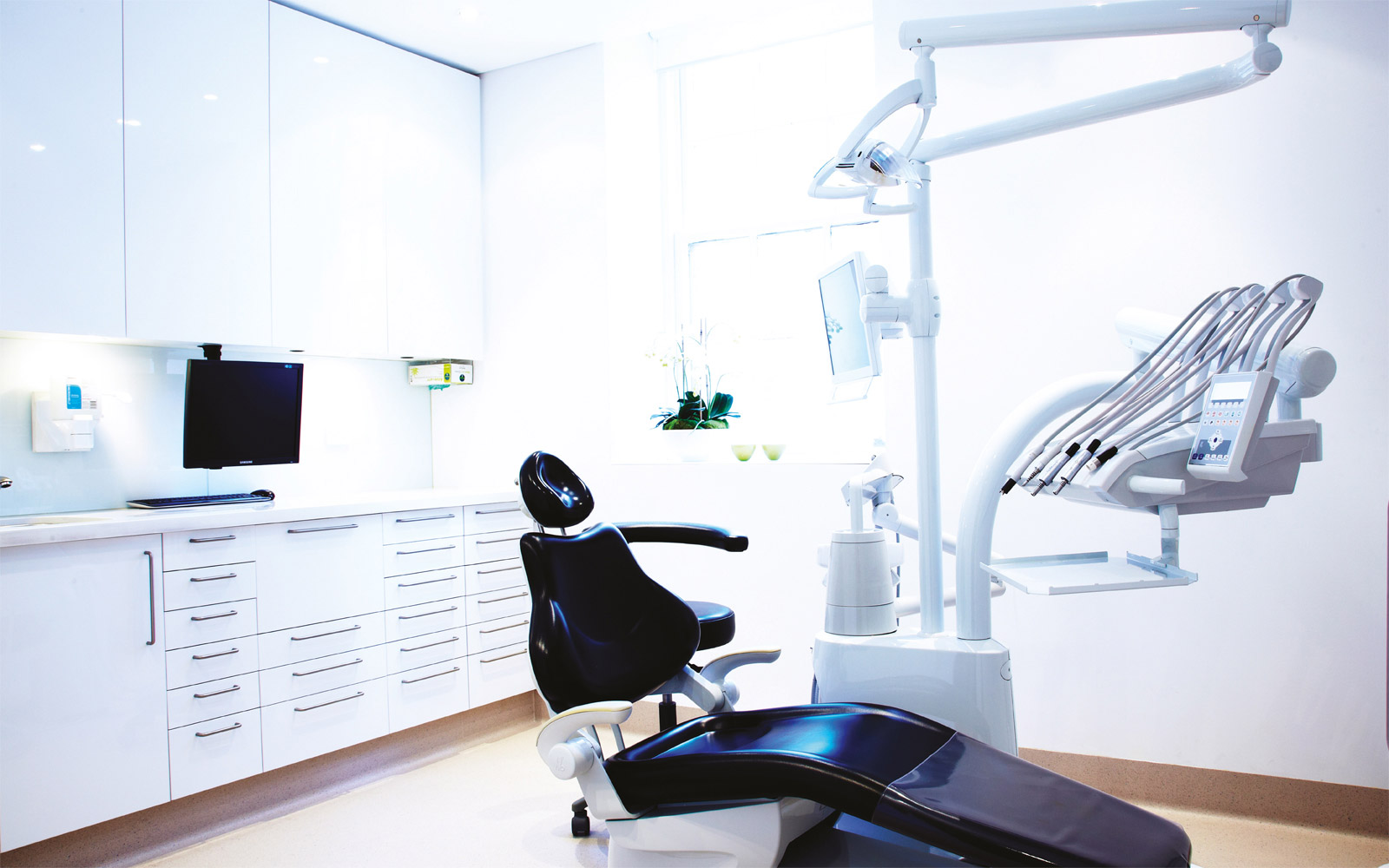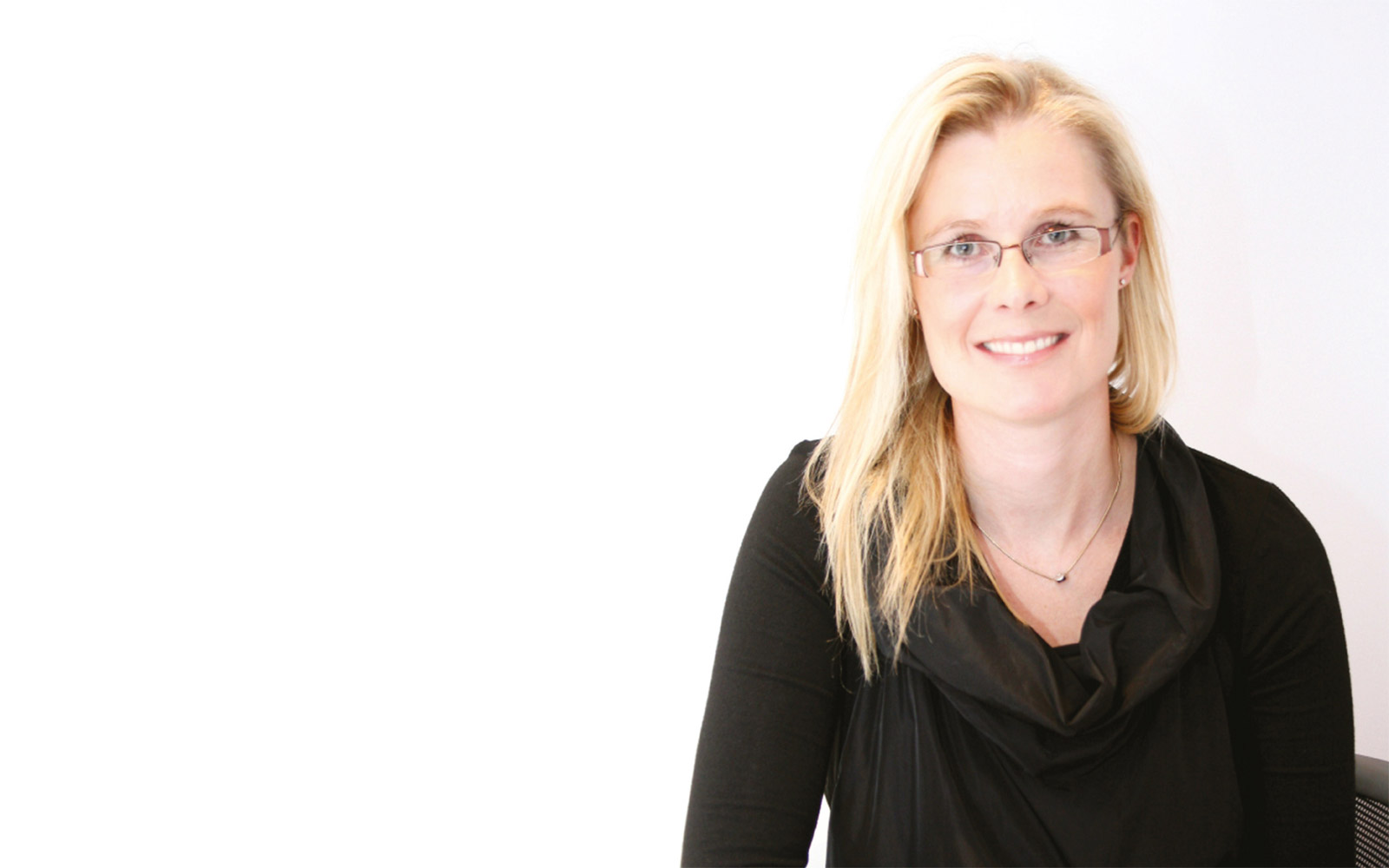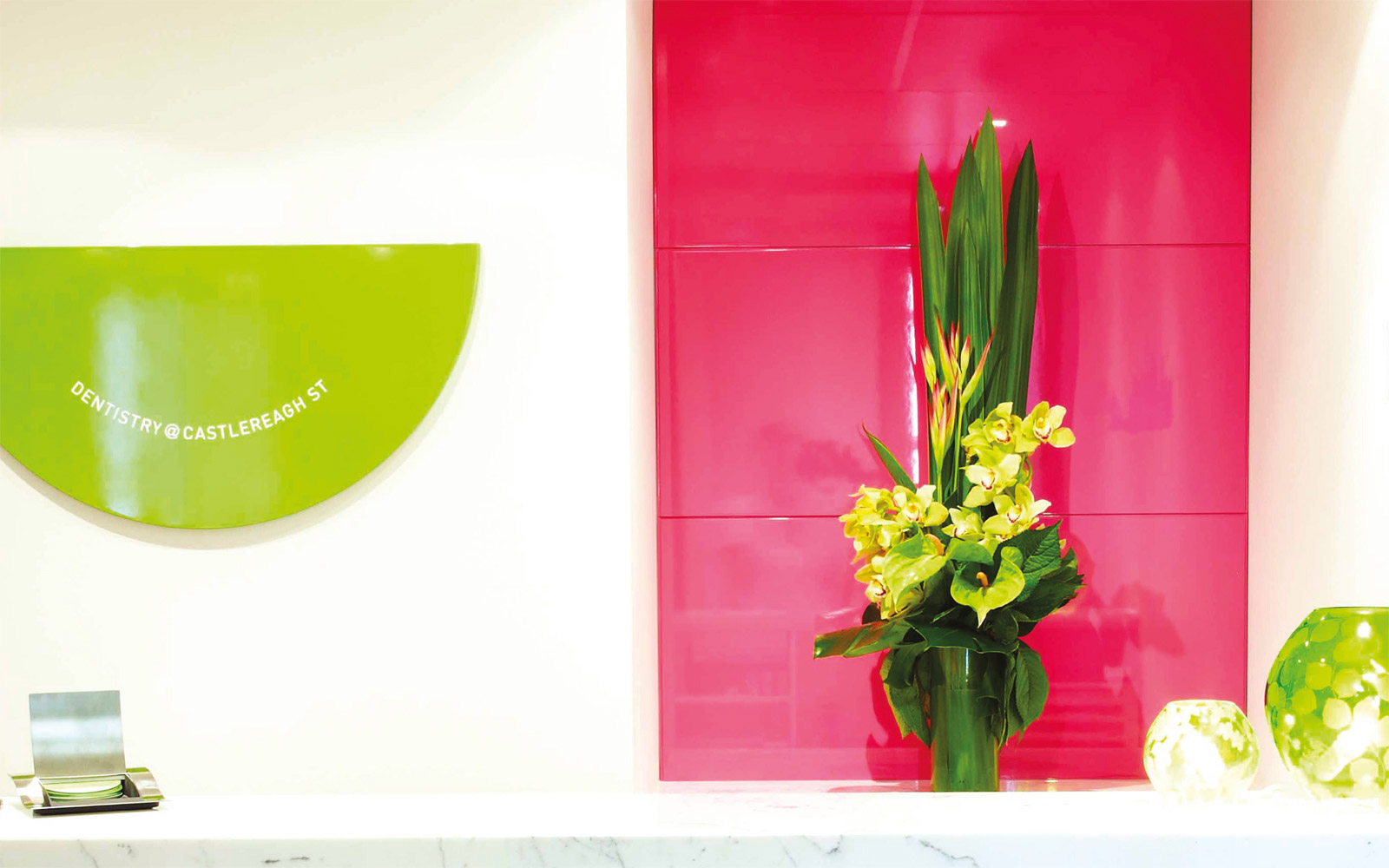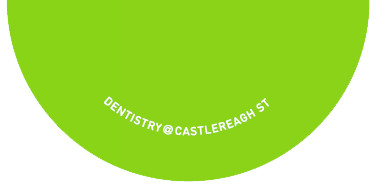WELCOME TO
DENTISTRY@CASTLEREAGH ST
Our aim is to provide you with the kind of dentistry that
"we would do for our family and friends".
The approach we take is that the procedures need
to be evidence-based and we also focus on the preventive
aspects of dentistry.
Nobody likes visiting the dentist, perhaps we have memories of
painful visits when we were children, or maybe we just don't like someone
drilling into our teeth. But things are changing and we promise that we will make
your visit as painless and enjoyable as possible.
When treatment is required, there are often several ways to proceed.
We advise patients about the different treatment options that are available so
that they can make an informed choice. We also offer referrals
to a select group of specialists.
We offer lunchtime appointments and we hold a daily spot
for emergencies. We try our hardest to run on time so you will
not be wasting your time waiting for your appointment.
We are happy for you to bring your children with you
when you come in for an appointment.
|
MEET THE DENTIST
Pernille Pedersen has been interested in dentistry since her first visit to the school dentist as a child in Denmark. She did her dental training in Denmark, a country with one of the best dental programs, and one of the lowest rates of dental decay, in the world. Pernille graduated from the Royal Dental College of Aarhus in 1998 and worked as a dentist in a private practice in Esbjerg, before moving to Sydney in late 2000. Pernille worked in private practice in Macquarie Street and Paddington from 2001 until 2010, when she founded Dentistry @ Castlereagh St. Over the last 10 years, Pernille has built up a large following of loyal patients who appreciate her goals of attending to her patients' needs with care and diligence and minimising unnecessary procedures. She incorporates her unique brand of educational dentistry into her practice and her philosophy is that dental care does not stop the minute the patient leaves the chair. She creates an ongoing working relationship with her patients to build trust and minimise anxiety. Her aim is to make your visit to the dentist as painless and enjoyable as possible. |
|
DR PERNILLE PEDERSEN D.D.S.
(Denmark) Dental Surgeon Level 6, 64 Castlereagh Street Sydney NSW 2000 Google Map P +612 9221 2299 F +612 9221 2366 dentistry@castlereaghst.com.au PAYMENT All accounts are to be settled on the day of treatment. We accept Visa, MasterCard, Cash or Cheque. APPOINTMENT POLICY Please be on time for your appointment. If you are a new patient you will need to complete a patient information form, so please arrive 5 minutes before your appointed time. If you need to cancel your appointment for any reason, please give at least 24 hours notice if possible, otherwise a cancellation fee may be incurred. |
|
PREVENTIVE DENTISTRY Prevention is all about early diagnosis and intervention. This means having good oral hygiene (such as brushing and flossing) and attending regular dental check-ups and cleans. Problems can then be diagnosed early and be treated before more extensive, and expensive, treatments such as root canals, crowns or extractions are needed. |
|
CHILDREN'S DENTISTRY Early visits can prevent minor problems from becoming major ones. Your dentist will be able to detect early decay. Teach good habits early, as good habits start young for a lifetime of healthy teeth and gums. Brush frequently to keep plaque levels low, reduce snacking and begin dental visits early. The approach that baby teeth are not essential is a fallacy. We would not be born with them otherwise. Baby (milk) teeth are necessary not only for appearance, eating and smiling, but also serve to hold spaces for developing permanent (adult) teeth. In addition, baby teeth play a role in the development of speech. Australian Dental Association www.ada.org.au |
|
FILLINGS You may not know if you need fillings in your teeth. Many small to medium holes in teeth are asymptomatic, giving no pain. In fact, decay can sometimes eat out two-thirds of the tooth from the inside and you would have no idea it is happening. Dental radiographs (X-rays), which are taken on a regular basis as part of your check-up, may show early decay that has not yet given any symptoms. You may be able to see a change in the colour on some of your teeth which may indicate early decay. If your teeth are sensitive to hot, cold, or sweet food and drink, you may need fillings. All persistently sensitive teeth should be checked by your dentist. Toothache that lasts for more than a few minutes at a time should be investigated by your dentist.Teeth that cause severe pain may require fillings, or in some cases will require more extensive treatment such as root canal treatment. Most teeth with small to moderate decay or fractures are easily restored to function with fillings. Where decay is extensive or fractures are large, more complex treatment may be required. Some teeth can be so badly broken down or fractured that they are unable to be saved. Australian Dental Association www.ada.org.au |
|
ROOT CANAL THERAPY If you have a damaged tooth, root canal treatment may help to save it. Inside your tooth is soft tissue containing nerves, and blood and lymph vessels, known as the tooth pulp. When the pulp cannot repair itself from disease or injury, it dies. A fracture in a tooth or a deep cavity commonly cause pulp death, as the pulp is exposed to bacteria found in your saliva. When the pulp becomes infected, it is best to remove it before it spreads to the tooth and surrounding tissues. The whole tooth may be lost if the infection is left untreated. Root canal treatment can save your tooth. Australian Dental Association www.ada.org.au |
|
TOOTH WHITENING USING DAYWHITE ACP What is tooth whitening? It's a bleaching process that lightens discolorations of enamel and dentine. The system uses a mild solution retained in a custom-fitted tray that is worn over your teeth. More about tooth whitening www.philipsoralhealthcare.com |
|
CROWN/BRIDGE WORK Dental crowns (also sometimes referred to as 'dental caps' or 'tooth caps') cover over and encase the tooth on which they are cemented. Dentists use crowns when rebuilding broken or decayed teeth, as a way to strengthen teeth and as a method to improve the cosmetic appearance of a tooth. Crowns are made in a dental laboratory by a dental technician who uses moulds of your teeth made by your dentist. The type of crown your dentist recommends will depend on the tooth involved and sometimes on your preference. They include porcelain crowns, porcelainbonded- to-metal crowns, which combine the appearance of tooth coloured material with the strength of metal, gold alloy crowns and acrylic crowns. A bridge is an appliance permanently fixed in the mouth to replace missing teeth. It uses remaining teeth to support the new artificial tooth or teeth. A conventional fixed bridge consists of crowns that are fixed to the teeth on either side of the missing teeth and false teeth rigidly attached to these crowns. An enamel bonded bridge uses a metal or porcelain framework, to which the artificial teeth are attached, then resin bonded to supporting teeth. Australian Dental Association www.ada.org.au |
|
DENTAL IMPLANTS Dental implants are a proven and trusted way to replace missing teeth. A titanium dental implant can be placed into the site of the missing tooth to integrate with surrounding bone, form a tight sealed attachment to surrounding gum tissue, and support a porcelain crown to replicate your missing tooth. Advances in implant technology over the last 40 years have seen a wide variety of dental implant surface and shape modifications designed to enable implants to replace missing teeth in all locations in your mouth. Dental implants can replace single missing teeth or multiple teeth, by acting as a support for fixed bridges or improving retention on full dentures (prostheses), to afford you natural confidence with chewing, smiling and talking. Once your dental implant is placed, you will need to ensure you maintain life-long care for your dental implant. www.sydneyperio.com.au |
|
GUM DISEASE Periodontal disease is usually a slow disease and most people are not aware that they have it. The most obvious signs of periodontal disease are: bleeding gums, bad breath, bad taste, red or swollen gums, loose teeth and receding gums. Gum disease presents in many different forms, ranging from very mild (gingivitis) to severe (periodontitis) with varying forms of soft and hard tissue destruction with possible risk of tooth loss. www.sydneyperio.com.au |
|
SPECIALIST REFERRALS Some dental procedures require specialist treatment. We work closely with a select group of specialists and will offer you a referral when needed. |
